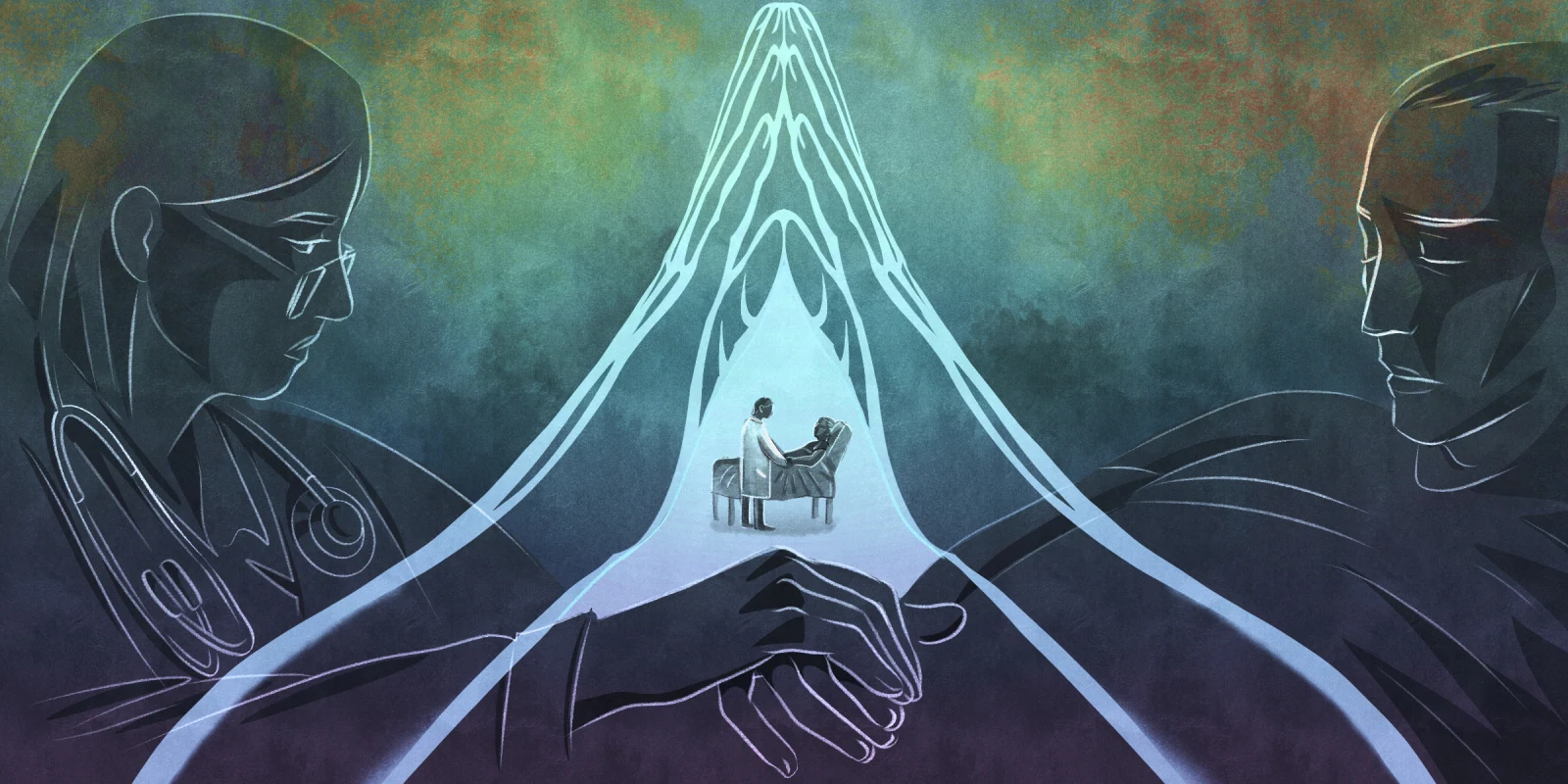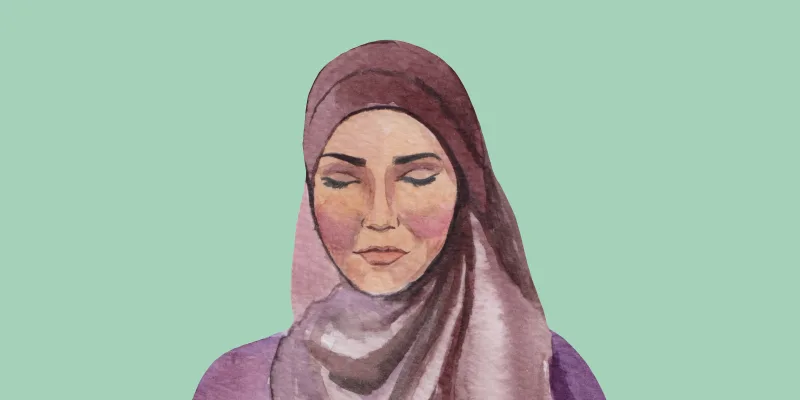I have become a person who prays for people. Never did I dream this would happen. Praying for others — even going so far as to gather the names of people to pray for — is as foreign to my secular upbringing as skydiving. But pray I do.
Each morning, I add a large group of names to the healing blessing list, a list that has only grown since the onset of the COVID-19 pandemic. Before concluding my prayer, I add the phrase, “and all my patients.” This habit began one morning some 20 years ago when my husband returned from his daily Talmud lecture and told me, “All good doctors go to hell.”
“What does that mean?” I asked.
“It means,” he explained, “that they don’t pray for their patients. They believe they’re doing the healing. And you?”
As a physician, I’m in a unique situation. On the one side are my patients, whom I try to heal with my medical knowledge, and on the other are nonpatients whom I try to heal with my prayers. The temptation to cross the line is considerable. How easy it would be to impart my medical expertise to all those around me. But I’ve learned the hard way to refrain from doing so.
After my brother-in-law’s heart attack, I showed up at his bedside with a bottle of coenzyme Q10. He never took it. When I first read a bestselling book on the importance of nutrition in health care, I sent copies to all my family. Nobody read it. After a while, you catch on.
That’s not to say I can completely compartmentalize patients and nonpatients. Some people fall into the gray area. When our son had an asthma attack at age 2, we took him to the hospital for emergency care. However, to prevent future attacks, I treated him myself with low-dose allergen therapy. I had no choice; local doctors didn’t offer this treatment.
My husband is another crossover. To keep him in good health, I draw his blood and prescribe him nutritional supplements based on the results. Of course, he could go to any holistic physician, but it’s more convenient to just walk downstairs to my office.
Unfortunately, I have had nothing to offer for his chronic back problem. In the last six months, the pain became so bad that he often had to stop walking and lean forward to relieve it.
One day, he saw me with my prayer book and asked if I was praying for him. I had to admit, I hadn’t thought of it. At the time, I was praying for a young man with a malignant brain tumor and a dear family friend with advanced cancer. Compared with these problems, what was a little back pain? Or, as our son joked, “So you’re going to pray for the guy with the brain tumor, an 87-year-old man with stage 4 cancer, and … Daddy?”
But my husband Alan quickly retorted, “Exactly how sick do you have to be to ask for God’s help?” Of course he was right. I added his name to my list.
A short while later, a longtime patient recommended to us her pain management doctor, who, after ordering an MRI, identified a huge cyst on my husband’s lower spine blocking the nerve roots. Within weeks, a neurosurgeon had excised it, and his difficulty with walking disappeared.
Nowadays, if someone asks to become my patient and I feel confident I can help, I use my medical expertise to treat them. But for everyone else, I just pray. It’s as if I have two modes — doctor and layman. In my doctor mode, I treat; in my layman mode, I pray. But no matter how effective my doctor treatment may be, I always pray for my patients as well.
What traditions do you carry with you in your everyday work as a clinician? Share your thoughts in the comment section.
Marjorie Ordene, MD, is an integrative physician practicing in Brooklyn, NY. Her essays, short stories, and poetry have been published in various magazines and anthologies including The Sun, Tablet, Lilith, and Michigan Avenue Review.
Illustration by April Brust







